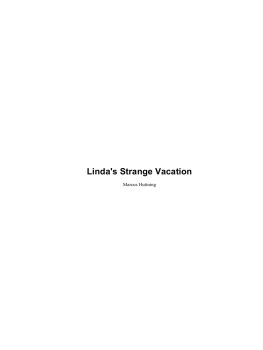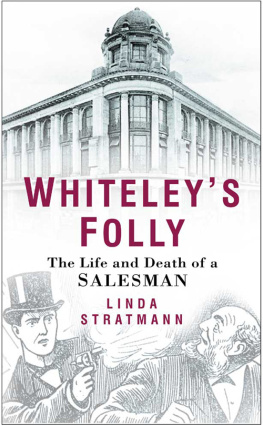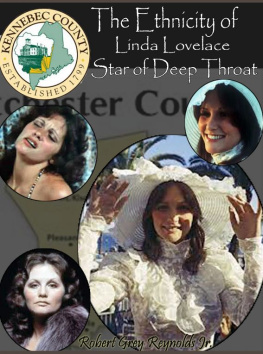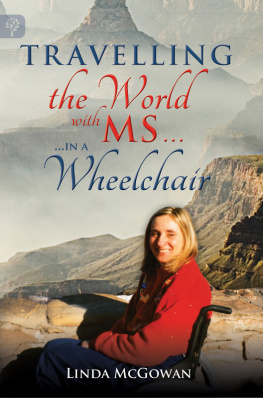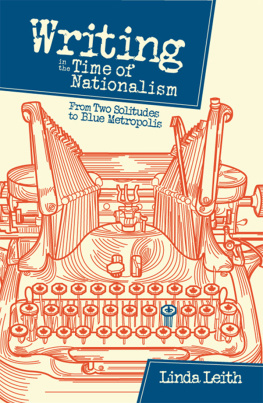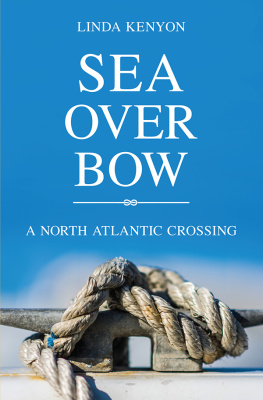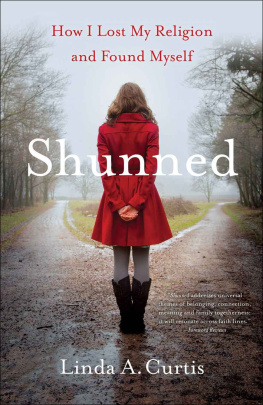FRAGMENT
This page begins in the middle of the sentence. There do not appear to be any missing pages in the source book
therefore I will first write about black Adel. Black Adel was the fourth king after Friso. In his youth he studied first at Texland, and then at Staveren, and afterwards travelled through all the states. When he was twenty-four years old his father had him elected Asega-Asker. As soon as be became Asker he always took the part of the poor. The rich, he said, do enough of wrong b means of their wealth, therefore we ought to take Care that the poor look up to us. By arguments of this kind he became the friend of the poor and the terror of the rich. It was carried so far that his father looked up to him. When his father died he succeeded, and then he wished to retain his office as well, as the kings of the East used to do. The rich would not suffer this, so all the people rose up, and the rich were glad to get out of the assembly with whole skins. From that time there was no more talk of equality. He oppressed the rich and flattered the poor, by whose assistance he succeeded in all his wishes. King Askar, as he was always called, was seven feet high, and his strength was as remarkable as his height. He had a clear intellect, so that he understood all that was talked about, but in his actions he did not display much wisdom. He had a handsome countenance and a smooth tongue, but his soul was blacker than his hair. When he had been king for a year, he obliged all the young men in the state to come once a year to the camp to have a sham fight. At first he had some trouble with it, but at last it became such a habit that old and young came from all sides to ask if they might take part in it. When he had brought it to this point, he established military schools. The rich complained that their children no longer learned to read and write. Askar paid no attention to it; but shortly afterwards, when a sham fight was held, he mounted a throne and spoke aloud: The rich have come to complain to me that their boys do not learn to read and write. I answered nothing; but I will now declare my opinion, and let the general assembly decide. While they all regarded him with curiosity, he said further: According to my ides, we ought to leave reading and writing at present to the maagden and wise people. I do not wish to speak ill of our forefathers; I will only say that in the times so vaunted by some, the Burgtmaagden introduced disputes into our country, which the mothers were unable, either first or last, to put an end to. Worse still, while they talked and chattered about useless customs the Gauls came and seized all our beautiful southern country. Even at this very time our degenerate brothers and their soldiers have already come over the Scheldt. It therefore remains for us to choose whether we will carry a yoke or a sword. If we wish to be and to remain free, it behoves our young men to leave reading and writing alone for a time; and instead of playing games of swinging and wrestling, they must learn to play with sword and spear. When we are completely prepared, and the boys are big enough to carry
helmet and shield and to use their weapons, then, with your help, I will attack the enemy. The Gauls may then record the defeat of their helpers and soldiers upon our fields with the blood that flows from their wounds. When we have once expelled the enemy, then we must follow it up till there are no more Gauls, Slaves, or Tartars to be driven out of Frya's inheritance. That is right, the majority shouted, and the rich did not dare to open their mouths. He must certainly have thought over this address and had it written out, for on the evening of the same day there were copies in at least twenty different hands, and they all sounded the same. Afterwards he ordered the ship people to make double prows, upon which steel crossbows could be fixed. Those who were backward in doing this were fined, and if they swore that they had no means, the rich men of the village were obliged to pay. Now we shall see what resulted from all this bustle. In the north part of Britain there exists a Scotch peoplethe most of them spring from Frya's bloodsome of them are descended from the followers of Keltana, and, for the rest, from Britons and fugitives who gradually, in the course of time, took refuge there from the tin mines. Those who come from the tin mines have wives, either altogether foreign or of foreign descent. They are all under the dominion of the Gauls. Their arms are wooden bows and arrows pointed with stag's-horn or flint. Their houses are of turf and straw, and some of them live in caves in the mountains. Sheep that they have stolen form their only wealth. Some of the descendants of Keltana's followers still have iron weapons, which they have inherited from their forefathers. In order to make myself well understood, I must let alone for a while my account of the Scotch people, and write something about the near Krekalanders (Italians. The Krekalanders formerly belonged to us only, but from time immemorial descendants of Lyda and Finda have established themselves there. Of these last there came in the end a whole troop from Troy. Troy is the name of a town that the far Krekalanders (Greeks) had taken and destroyed. When the Trojans had nestled themselves among the near Krekalanders, with time and industry they built a strong town with walls and citadels named Rome, that is, Spacious. When this was done, the people by craft and force made themselves masters of the whole. land. The people who live on the south side of the Mediterranean Sea, come for the most part from Phnicia. The Phnicians (Holstein). She travelled by night, and by day she made speeches in all the markets and in all the assemblies. Wr-alda, she said, had told her by his thunder that all the Frya's people must become friends, and united as brothers and sisters, otherwise Finda's people would come and sweep them off the face of the earth. After the thunder Frya's seven watch-maidens appeared to her in a dream seven nights in succession. They had said, Disaster hovers over Frya's land with yoke and chains; therefore all the people who have sprung from Frya's blood must do away with their surnames, and only call themselves Frya's children, or Frya's people. They must all rise up and drive. Finda's people out of Frya's inheritance. If you will not do that, you will bring the slave-chains round your necks, and the foreign chiefs will ill-treat your children and flog them till the blood streams into your graves. Then shall the spirits of your forefathers appear to you, and reproach your cowardice and thoughtlessness. The stupid people who, by the acts of the Magyars, were already so much accustomed to folly, believed all that she said, and the mothers clasped their children to their bosoms. When Reintja had brought the king of Holstein and the others to an agreement, she sent messengers to Askar, and went herself along the Baltic Sea. From there she went to the Lithauers (Face-hewers), so called because they always strike at their enemy's face. The Lithauers are fugitives and banished people of our own race, who wander about in the Twisklanden. Their wives have been mostly stolen from the Tartars. The Tartars are a branch of Finda's race, and are thus named by the Twisklanders because they never will be at peace, but provoke people to fight. She proceeded on beyond the Saxsenmarken, crossing through the other Twisklanders in order always to repeat the same thing. After two years had passed, she came along the Rhine home. Among the Twisklanders she gave herself out for a mother, and said that they might return as free and true people; but then they must go over the Rhine and drive the Gauls out of Frya's south lands. If they did that, then her King Askar would go over the Scheldt and win back the land. Among the Twisklanders many bad customs of the Tartars and Magyars have crept in, but likewise many of our laws have remained. Therefore they still have Maagden, who teach the children and advise the old. In the beginning they were opposed to Reintja, but at last she was followed, obeyed, and praised by them where it was useful or necessary.


